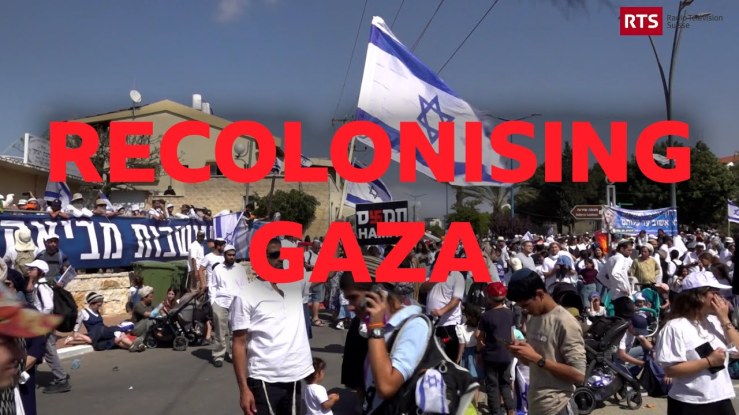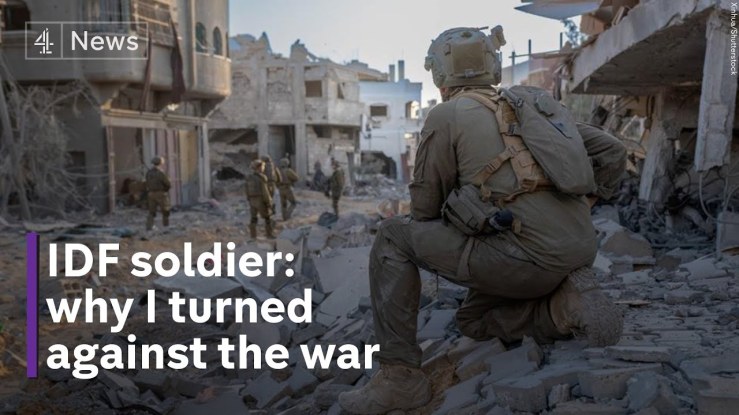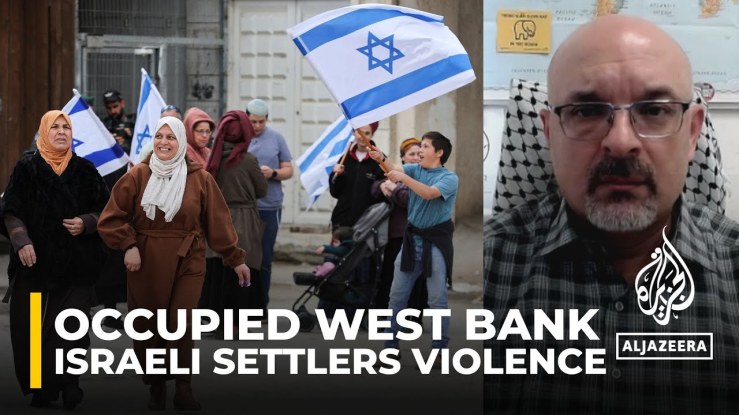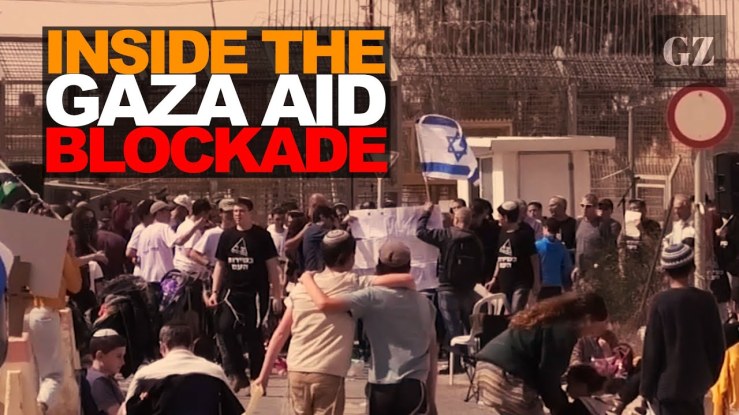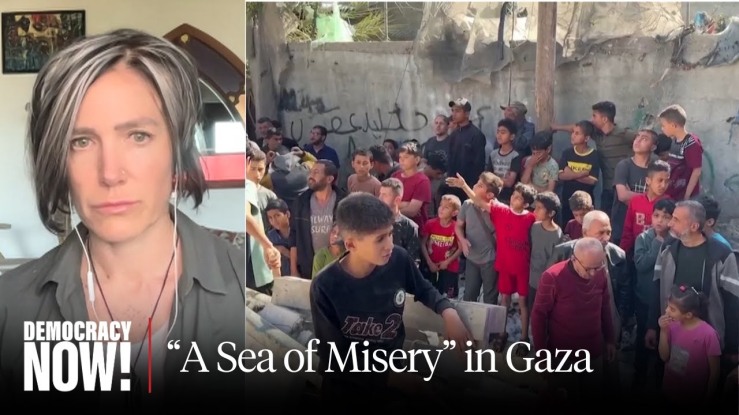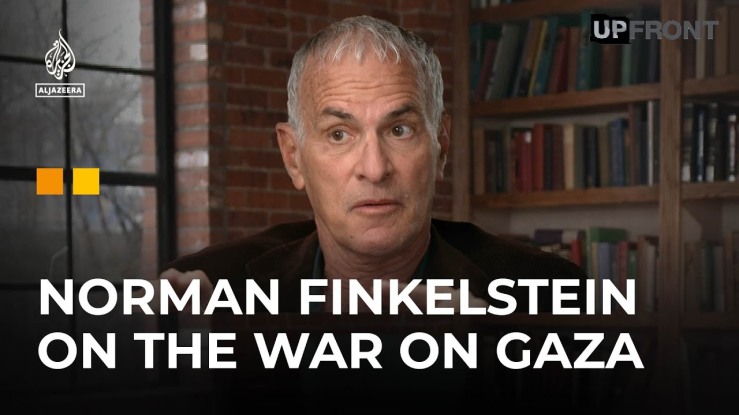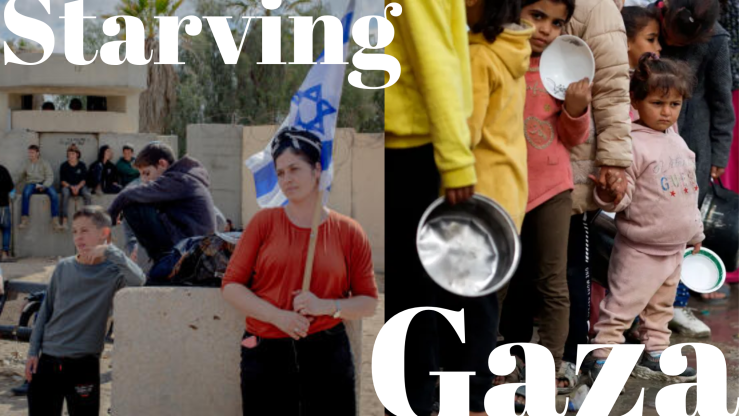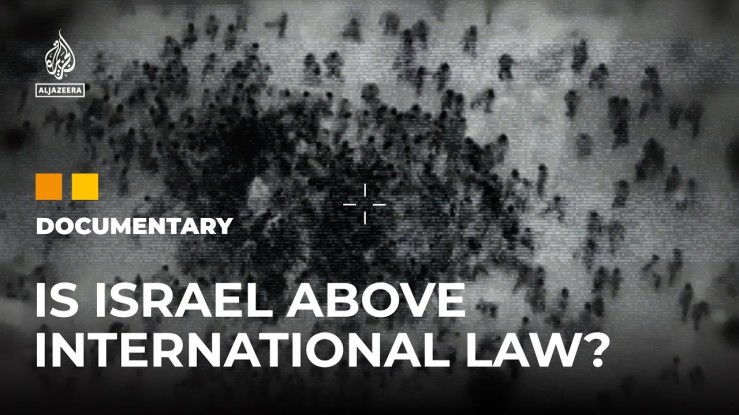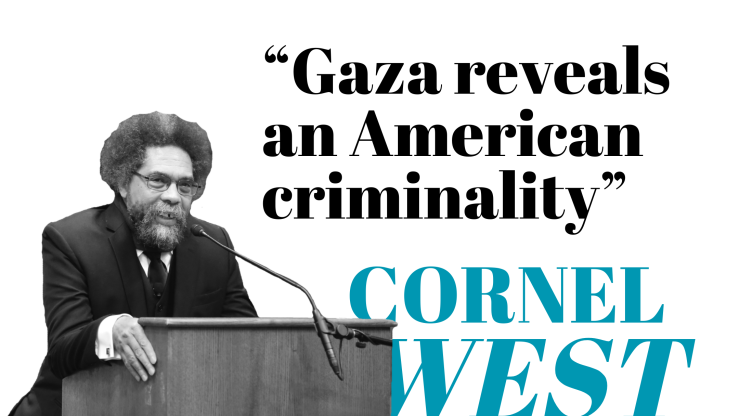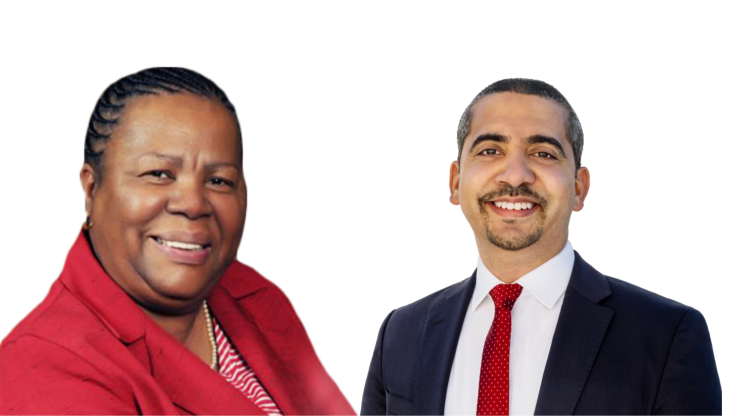June 8, 2024 | The United Nations is set to announce the addition of Israel—alongside Hamas and the Islamic Jihad—to a blacklist of countries and groups who have violated the rights of children during armed conflicts. How will Israel react? According to a Zionist Brazilian ideologue (as base as Israel’s crime-minister), “the UN is as trustworthy as the PCC”,* which stands for Primeiro Comando da Capital, one of Brazil’s largest organized crime syndicates. It’s a cynical, ruthless rhetoric of dehumanisation and justification of the unjustifiable. If the UN is no different than the PCC, why not just bomb UN schools and refugee camps in good conscience? Being above international law, even above good and evil, they could not care less. Remember Amalek…
* “A ONU é tão confiável quanto o PCC.” PONDÉ, Luiz Felipe. “Depenar Israel é parte do jogo de muitos órgãos multilaterais hoje”, Folha de S. Paulo, 26 de maio de 2024.
Whether any action will be taken, is the responsibility of the UN Security Council. Some say – at the very least – it could put more diplomatic pressure on Israel. But would that be enough to bring about real change?
Gilad Erdan, Israeli ambassador to the UN, recorded a video of himself making a phone call from his office, apparently to a UN official, and leaked part of it on social media. In the video, Erdan expressed outrage at the UN decision, calling the IDF “the most moral army in the world” (sic). Erdan’s attitude is analogous to the modus operandi of the worst Bolsonaristas in Brazil.
Recently, amid the floods in Rio Grande do Sul, the mayor of a small town named Farroupilha, Fabio Feltrin, recorded a phone call made by a representative of the federal government, Paulo Pimenta, whose purpose was to ask about the necessary aid to be sent. Feltrin’s intention was to come up with a factoid (simply fake news) and to vilify Lula’s government by depicting it as indifferent and burocratic when it comes to the emergency aid required.
Ironically, the governor of the state of RGS, Eduardo Leite (who is far from supporting Lula), would later remove Farroupilha from the list of cities affected by the floods and therefore in need of federal aid. Unlike Feltrin, Leite would publicly praise president Lula for the financial support granted to Rio Grande do Sul. The governor of RGS declared that, despite political-ideological differences with Lula, he believes in the president’s “sincerity and desire to build a better country for everyone’s future”.
Presenter: Laura Kyle. Guests: Damien Lilly, former head of the protection division at UNRWA, the UN agency for Palestinian refugees; Arwa Damon, founder of INARA, the international Network for Aid Relief and Assistance; Gideon Levy, author and columnist at the Israeli daily paper Haaretz.
RELATED CONTENT:


